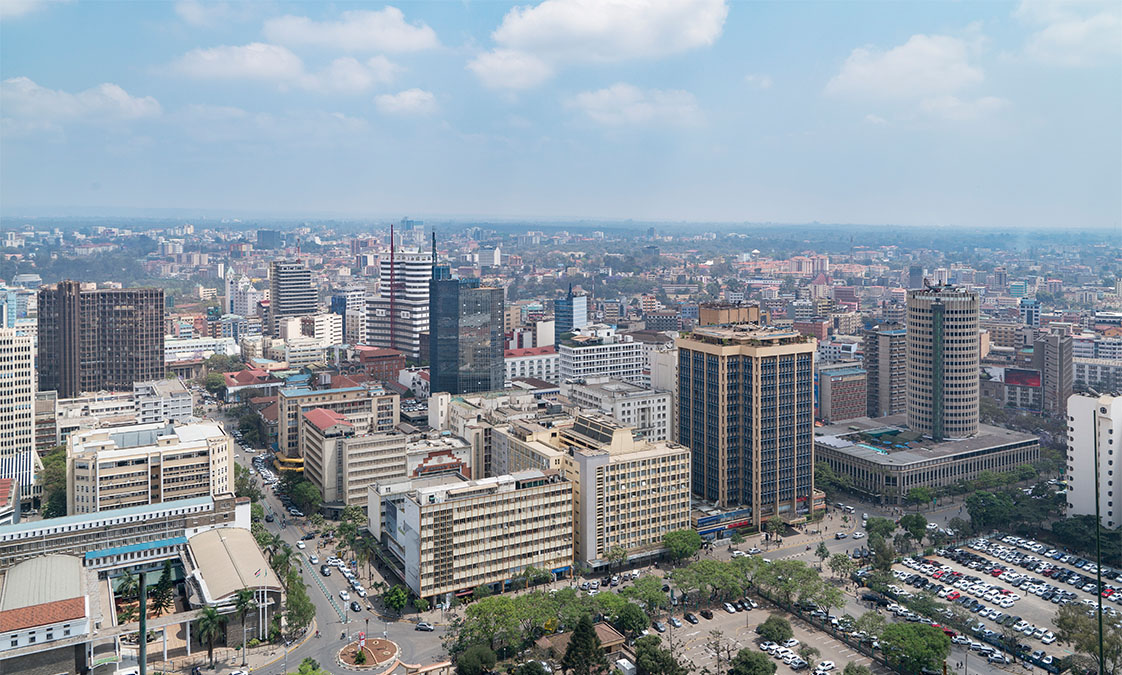By Michael Habte is ESX’s chief operating officer and Victor Nkiiri is a senior specialist – capital markets at FSD Africa
Ethiopia, Africa’s second most populous country, is among the fastest-growing economies in the world, with GDP growth projected at 6.5 per cent in 2025. The country has adopted a bold vision to achieve lower-middle-income country status by 2030, underpinned by sweeping economic reforms to transition from a state-controlled to a market-driven economy.
Among the new economic initiatives recently rolled out is a new securities exchange, the Ethiopian Securities Exchange, or ESX, planned for launch on January 10. For decades, Ethiopia’s financial an interbank trading platform. Simply put, banks could not effectively lend to one another, resulting in high interest rates to borrowers and significant inefficiencies in bank liquidity management. Such inefficiencies have constrained businesses, particularly the small and medium-sized enterprises which are the backbone of Ethiopia’s economy.
The new exchange is already addressing this challenge. An interbank trading platform which is part of the exchange is optimising liquidity and improving credit flow in the banking system. Since its pilot in late October, the platform has facilitated trades exceeding 135bn birr($1.1bn), demonstrating robust uptake by the banking sector.
Regulatory reforms
This milestone reflects the effectiveness of reforms such as the Interbank Money Market Directive issued by the National Bank of Ethiopia, which created the necessary regulatory framework. By enhancing price transparency and reducing transaction costs, the platform is already improving credit accessibility for businesses, enabling them to grow, innovate and drive economic activity.
The impact of the ESX extends far beyond the banking sector. A functional interbank market itself is the foundation for developing critical financial instruments such as treasury bills, corporate bonds and commercial papers. These instruments rely on liquid money markets for effective pricing and execution. With its state-of-the-art electronic trading platform that is integrated with the central securities depository, the ESX is well-positioned to facilitate the efficient issuance and trading of these instruments.
The exchange is also a critical enabler of economic diversification. By reducing borrowing costs and expanding access to finance, it empowers businesses to invest in new projects, expand operations and create jobs. These outcomes align with Ethiopia’s ambitions to achieve middle-income status and build a globally competitive economy.
Establishing the new securities exchange has been a challenging yet rewarding endeavour. To succeed it needed support from a wide spectrum of actors. The public-private partnership model facilitated this, tapping the power of collaboration to drive financial innovation. Ethiopian Investment Holdings, in partnership with FSDAfrica and the Ministry of Finance, worked hand in hand to develop the exchange, in an approach that prioritised market development initiatives that addressed local challenges while adopting global best practices. This ensures that the ESX is not only tailored to Ethiopia’sunique needs but also equipped to compete on the global stage.
Blueprint for innovation
As Ethiopia integrates into global financial markets, the ESX has the potential to position the country as a regional hub for capital market activity. This integration will strengthen Ethiopia’s appeal to foreign investors, unlocking new opportunities for economic growth. Beyond its immediate economic impact, the ESX also serves as a powerful symbol of Ethiopia’s ambition and potential. It exemplifies the transformative role that well-structured capital markets can play in fostering inclusive growth and economic resilience.
The new bourse is also anticipated to inspire other African nations to pursue similar reforms, unlocking the continent’s immense economic potential. Institutions like FSD Africa, which has been instrumental in supporting the ESX, are poised to replicate these lessons in countries that lack functional capital markets. Such efforts are vital for modernising Africa’s financial systems and driving sustainable development.
The launch of the ESX is not just a win for Ethiopia but a blueprint for capital market innovation across the continent.




